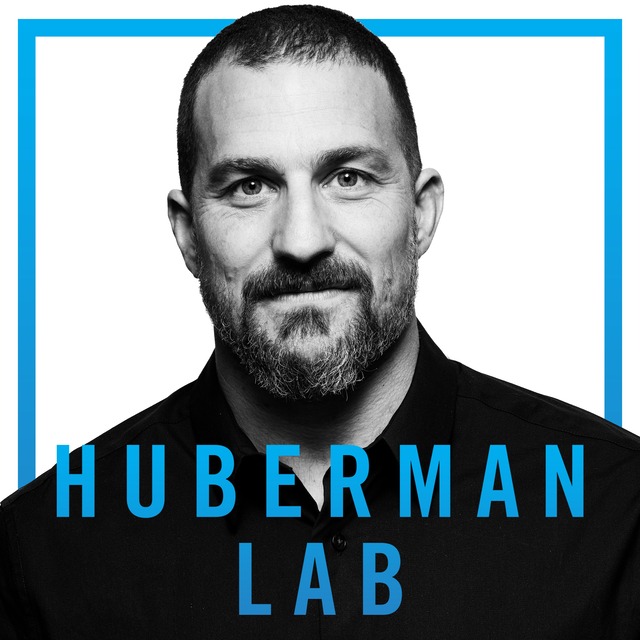Summary of Huberman Lab Podcast Episode: Huberman Lab AMA: Boost Brain Health with Ultradian Cycles & Seed Oil Analysis
Podcast: Huberman Lab
3 min. read
— Description —
Discover Andrew Hubermans secrets to good sleep and explore his exclusive members only collection filled with his greatest tips Dive into the Huberman Lab episode page and satisfy your curiosity today.

Huberman Lab AMA: Boost Brain Health with Ultradian Cycles & Seed Oil Analysis
Table of contents
- Check out the Huberman Lab episode page
- Curious about Andrew Huberman’s recipe for good sleep? Read more here
- Can’t get enough Andrew Huberman? Check out our member’s only collection packed with Huberman’s greatest tips
Key Takeaways
- You generally have two 90-minute periods of intense blocks of focus: one period in the morning and one period in the afternoon –
- Tip: To find the right 90-minute time windows for you, pay attention to peak physical and mental energy and set a stopwatch to get about 60 minutes of focus (you will take some time to ease in)
- Remember, rewiring of neurons happens during deep sleep and non-sleep deep rest
Introduction
- Dr. Andrew Huberman, Ph.D. is a Professor of Neurobiology and Ophthalmology at Stanford University School of Medicine. His lab focuses on neural regeneration, neuroplasticity, and brain states such as stress, focus, fear, and optimal performance.
- Get a sneak peek of Andrew Huberman’s first AMA. In this special episode, Huberman reviews how to leverage ultradian cycles for optimal performance, using exercise to protect your brain, getting the right amount of light exposure in dark regions, seed oils, and much more. Note, this is only a preview. The full episode is only available to premium subscribers.
- Host: Andrew Huberman (@hubermanlab)
Leveraging Ultradian Rhythms
- The rhythms in our body are generally broken up into 90-minute cycles
- Sleep: for every 90-minute cycle, REM occupies more time – the more sleep you get, the more REM you have
-
Pay attention to the time in which you have the greatest state of mental alertness in the morning – that’s a good time to way to understand when to block off focused time
- If your peak is about 9:30 am, start your first cycle somewhere around there and know you have about one hour of focus
-
By waking up early and using caffeine or high-intensity exercise, you can trigger cortisol release and try to capture an additional morning work block between 6-7am
- Wake up at 5:30am, get light, jump rope, or get in a brief jog
- The 90-minute time block continues throughout the day and governs our focus and brain cycles even during waking hours – after 90 minutes there’s a drop in the ability to focus on hard things
- Block off your day to get 1-3 very focused bouts (it’s unlikely to get more than 3-4, most people have two solid blocks)
- Blocking time: use ultradian cycles (90-minute bouts) for intensely focused sessions; assume it will take about 5-10 minutes to ease in and then ramp up; when finished, spend 10-30 minutes to deliberately defocus
- This style of blocking off time to take advantage of natural biological rhythms is called “iterative mental plasticity”
- Don’t take breaks from ultradian time blocking – “The more you force yourself to focus, the easier focusing gets.” – Dr. Andrew Huberman
- You are not only working during this part of the day, but it is when you want to do your heaviest mental and physical tasks